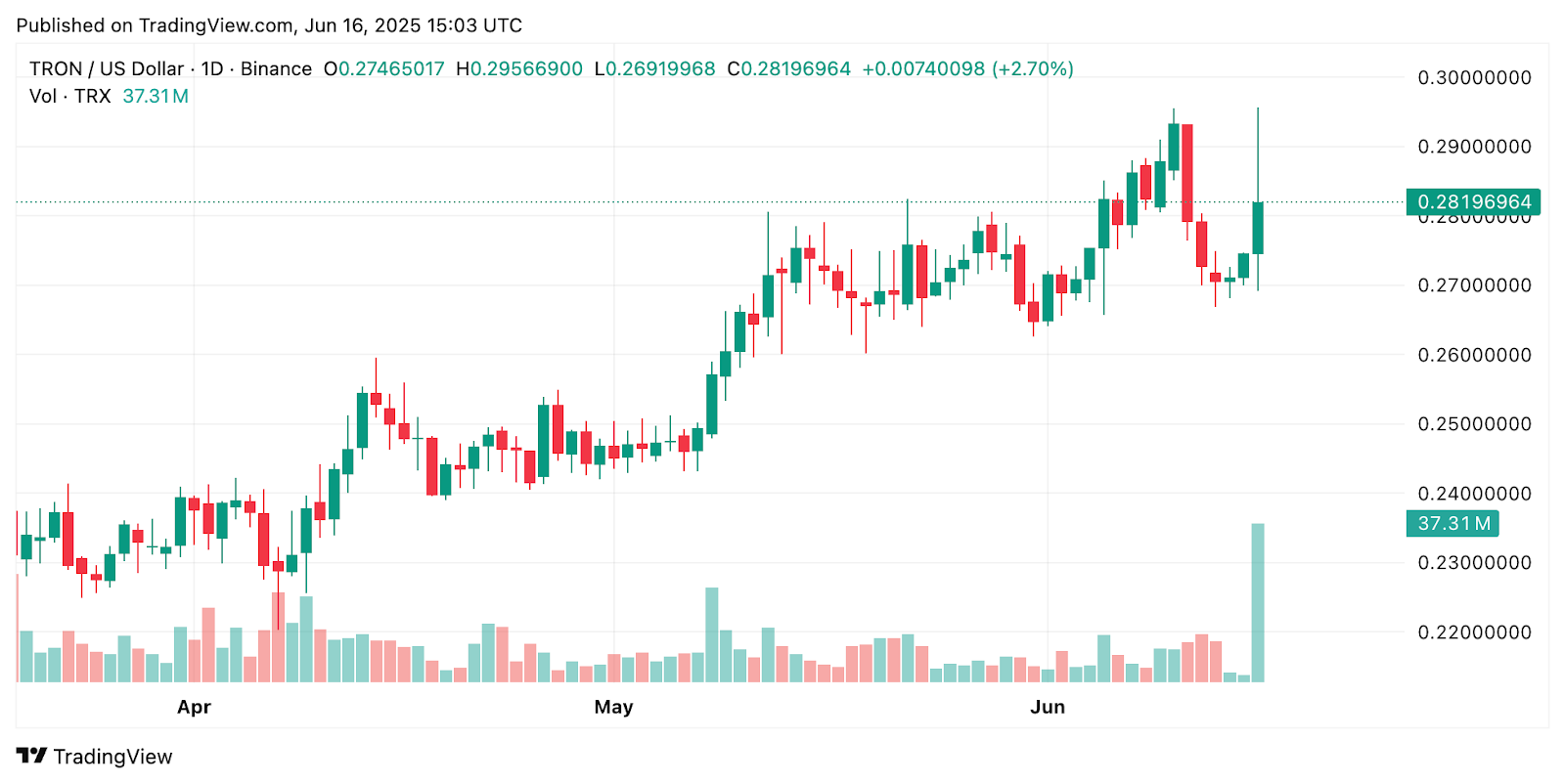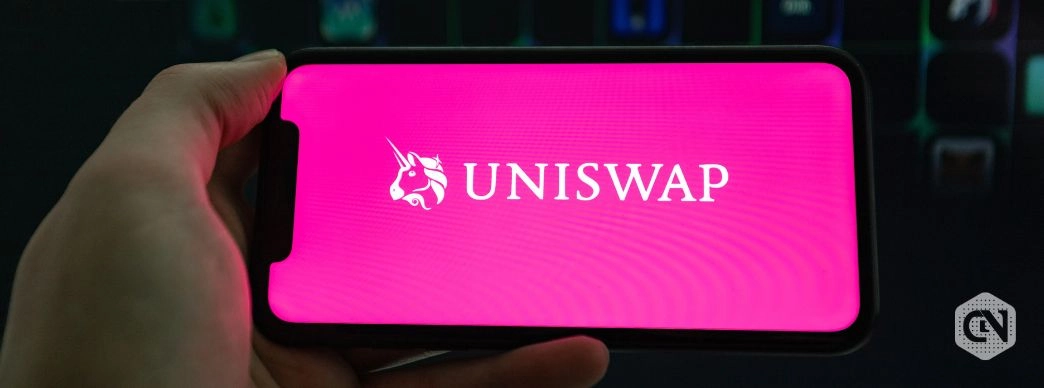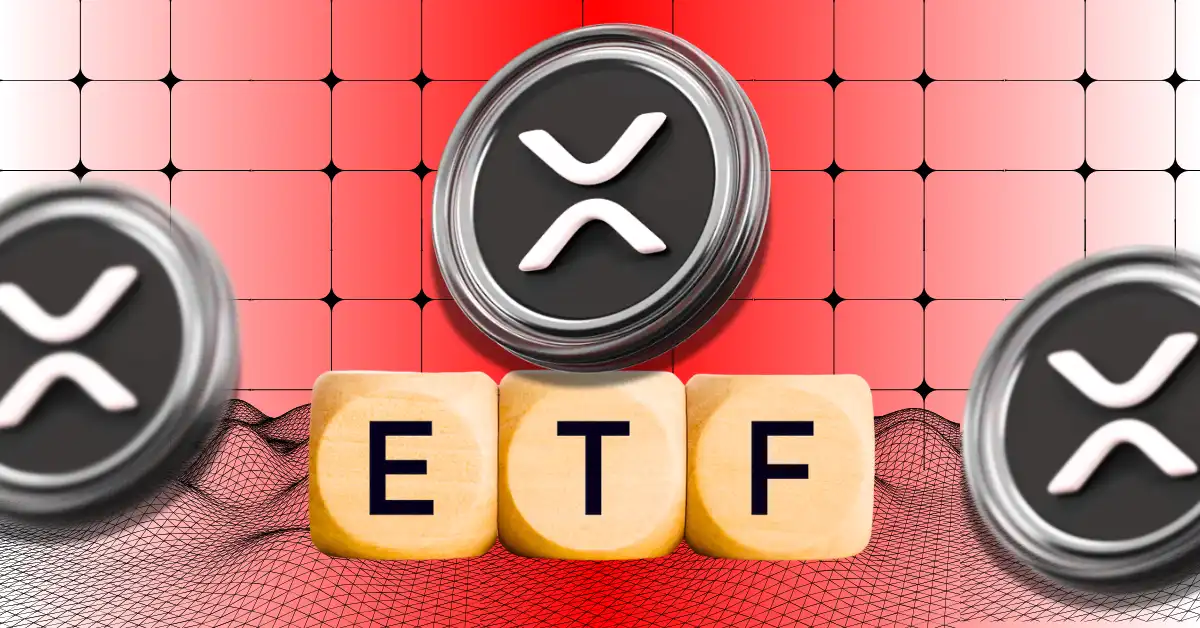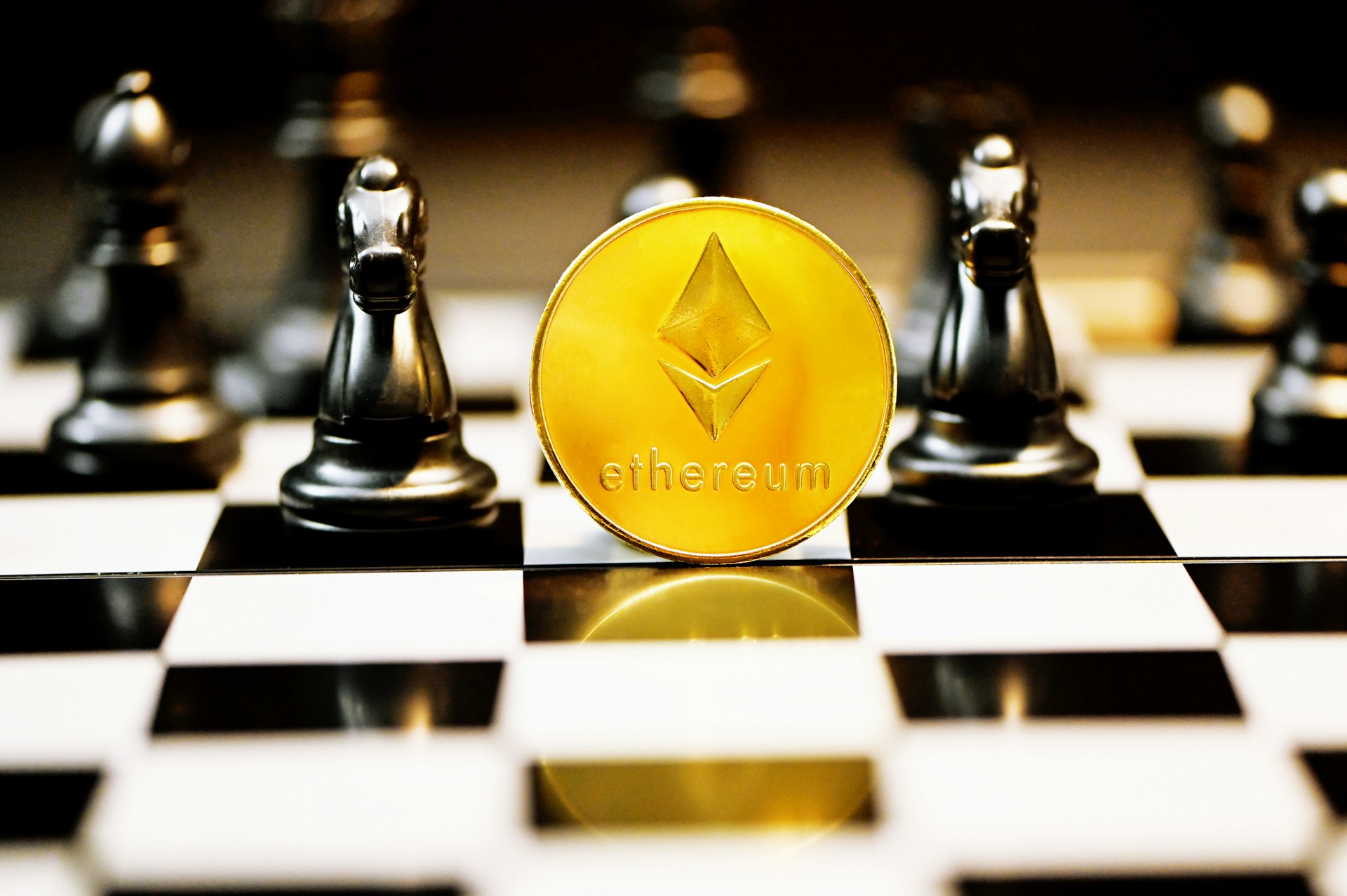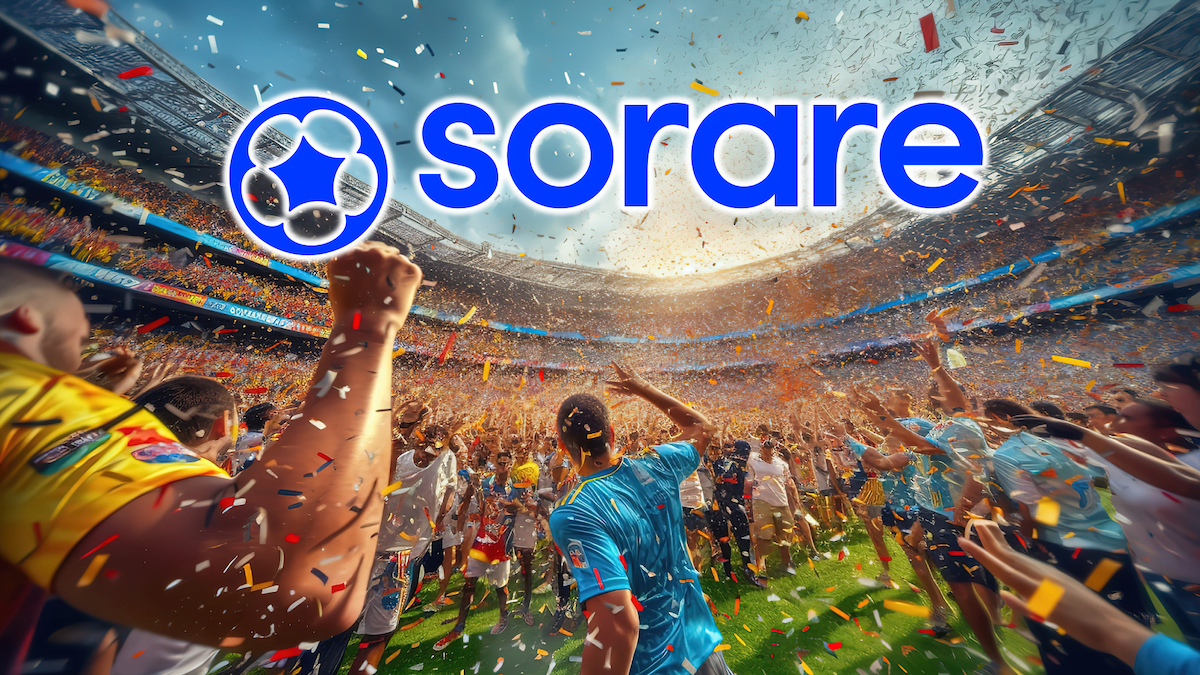Enhancing user experiences and boosting retention using recommendation systems is an effective and ever-evolving strategy used by many industries, such as e-commerce, streaming services, social media, etc. These systems must analyze complex relationships between users, items, and contextual factors to suggest precisely what the user might want. However, the existing recommendation systems are static, relying on substantial historical data to build connections effectively. In cold start scenarios, which are heavily prevalent, mapping the relationships becomes impossible, weakening these systems even further. Researchers from the Shanghai Jiao Tong University and Huawei Noah’s Ark Lab have introduced AutoGraph to address these issues. This framework automatically builds graphs incorporating dynamic adjustments and leverages LLMs for better contextual understanding.
Commonly, graph-based recommendation systems are employed. Current systems, however, require people to set the features manually and their connections in a graph, consuming much time. Also, rules are set beforehand, limiting how these graphs could adapt. Incorporating unstructured data, which potentially has rich semantic information about user preferences, is also a significant issue. Therefore, there is a need for a new method that can resolve the data sparsity issues and the failure to capture nuanced relationships and adjust to user preferences in real-time.
AutoGraph is an innovative framework to enhance recommendation systems leveraging Large Language Models (LLMs) and Knowledge Graphs (KGs). The methodology of AutoGraph is based on these features:
- Utilization of Pre-trained LLMs: The framework leverages pre-trained LLMs to analyze user input. It can draw relationships based on the analysis of natural language, even those that are apparently hidden.
- Knowledge Graph Construction: After the relationship extraction, LLMs generate graphs, which can be seen as structured representations of user preferences. Algorithms optimize such graphs to remove less relevant connections in an attempt to maximize the quality of the graph in its entirety.
- Integration with Graph Neural Networks (GNNs): The final step of the proposed method is to integrate the created knowledge graph with regular Graph Neural Networks. GNNs can provide more accurate recommendations by using both node features and graph structure, and they are sensitive to personal preferences and more significant trends among users.
To evaluate the proposed framework’s efficacy, authors benchmarked against traditional recommendation techniques using e-commerce and streaming services datasets. There was a significant gain in the precision of recommendations, which shows that the framework is competent enough to give relevant recommendations. The proposed method had improved scalability for dealing with large datasets. The framework demonstrated reduced computational requirements compared to traditional graph construction approaches. Process automation, along with the use of advanced algorithms, helped in lowering resource usage without compromising the quality of the results.
The Autograph framework represents a significant leap forward in recommendation systems. Automating graph construction with LLMs addresses long-standing scalability, adaptability, and contextual awareness challenges. The framework’s success demonstrates the transformative potential of integrating LLMs into graph-based systems, setting a new benchmark for future research and applications in personalized recommendations. AutoGraph opens new avenues for personalized user experiences in diverse domains by automating the construction of dynamic, context-aware recommendation graphs. This innovation highlights the growing role of LLMs in addressing real-world challenges, revolutionizing how we approach recommendation systems.
Check out the Paper. All credit for this research goes to the researchers of this project. Also, don’t forget to follow us on Twitter and join our Telegram Channel and LinkedIn Group. Don’t Forget to join our 60k+ ML SubReddit.
🚨 FREE UPCOMING AI WEBINAR (JAN 15, 2025): Boost LLM Accuracy with Synthetic Data and Evaluation Intelligence–Join this webinar to gain actionable insights into boosting LLM model performance and accuracy while safeguarding data privacy.
Afeerah Naseem is a consulting intern at Marktechpost. She is pursuing her B.tech from the Indian Institute of Technology(IIT), Kharagpur. She is passionate about Data Science and fascinated by the role of artificial intelligence in solving real-world problems. She loves discovering new technologies and exploring how they can make everyday tasks easier and more efficient.
Credit: Source link








